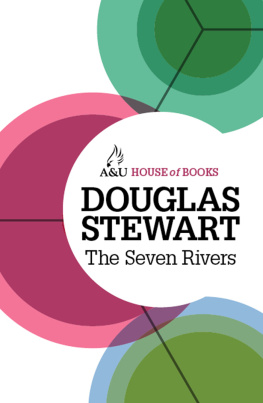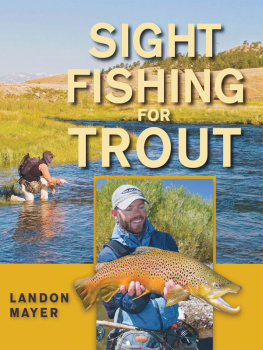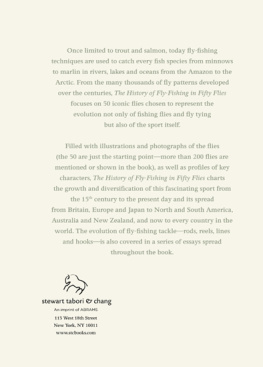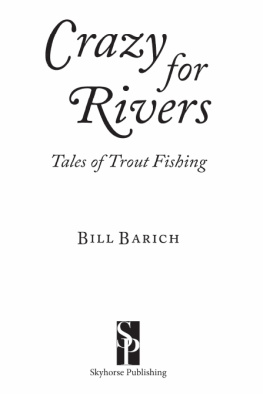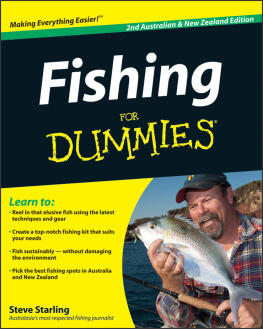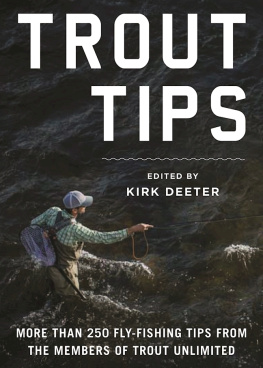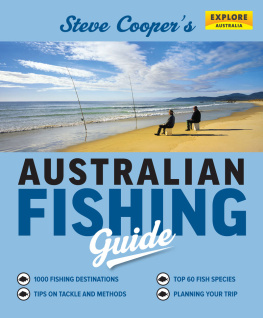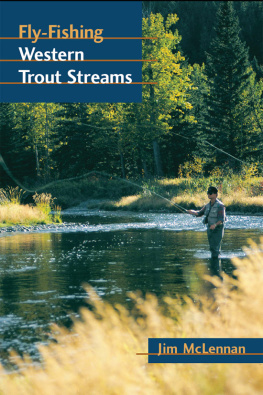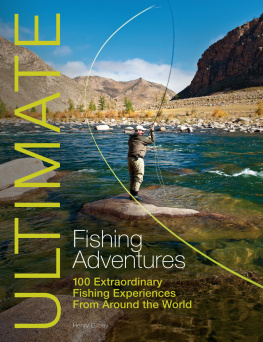Allen & Unwins House of Books aims to bring Australias cultural and literary heritage to a broad audience by creating affordable print and ebook editions of the nations most significant and enduring writers and their work. The fiction, non-fiction, plays and poetry of generations of Australian writers that were published before the advent of ebooks will now be available to new readers, alongside a selection of more recently published books that had fallen out of circulation.
The House of Books is an eloquent collection of Australias finest literary achievements.
Poet, dramatist, short-story writer and critic, Douglas Stewart was a highly influential literary figure. Born in New Zealand in 1913, he came to Australia in 1938 and was for twenty-one years literary editor of the Bulletin before he joined Angus & Robertson where he worked for twelve years as an editorial adviser. He is remembered both for his finely observed nature poetry and his verse dramas, including his most significant work The Fire on the Snow concerning Scotts ill-fated Antarctic expedition and which was written during his second year in Sydney. He also published a number of books of prose including a collection of short stories A Girl with Red Hair and other Stories (1944) and the non-fiction works The Seven Rivers (1966), Norman Lindsay: A personal memoir (1975), A Man of Sydney (1977) and Springtime in Taranaki (1983). Written in 1984, the year before he died, his last book Douglas Stewarts Garden of Friends about the garden he created with his wife artist Margaret Coen was published in 1987.

DOUGLAS
STEWART
The Seven Rivers
This edition published by Allen & Unwin House of Books in 2012 First published by Witcombe and Tombs in 1966
Copyright Douglas Stewart 1966
All rights reserved. No part of this book may be reproduced or transmitted in any form or by any means, electronic or mechanical, including photocopying, recording or by any information storage and retrieval system, without prior permission in writing from the publisher. The Australian Copyright Act 1968 (the Act) allows a maximum of one chapter or 10 per cent of this book, whichever is the greater, to be photocopied by any educational institution for its educational purposes provided that the educational institution (or body that administers it) has given a remuneration notice to Copyright Agency Limited (CAL) under the Act.
Allen & Unwin
Sydney, Melbourne, Auckland, London
83 Alexander Street
Crows Nest NSW 2065
Australia
Phone: | (61 2) 8425 0100 |
Fax: | (61 2) 9906 2218 |
Email: | info@allenandunwin.com |
Web: | www.allenandunwin.com |
Cataloguing-in-Publication details are available from the National Library of Australia
www.trove.nla.gov.au
ISBN 978 1 74331 235 3 (pbk)
ISBN 978 1 74269 921 9 (ebook)
Acknowledgments
The Fish That Got Away, The Seven Rivers, A Pool in the Waingongoro, The Town Creek, The Pleasures of Poaching, Bulls, and Sword-fish Waters were first published in the Bulletin; Brindabella in Meanjin; The Badja in Blackwoods.
Foreword
T HOUGH there is a chapter about swordfish in this book, another about snapper, and even a piece about pig-hunting, it is mostly a book about trout-fishing in Australia and New Zealand, and mostly meant for fishermen. It contains very little expert advice, for I don't claim to be an expert. I wrote it simply for the pleasure of going fishing again in retrospect along my favourite rivers.
It is also perhaps a kind of nature book, since you do meet a lot of interesting birds, beasts, bugs, and human beings when you are walking up the trout streams; and it is also a kind of autobiography but only of those parts of my life which I consider really important and significant, such as catching a lot of kahawai at Kawhia, or losing that ten-pounder in the Badja.
D.S.
Contents
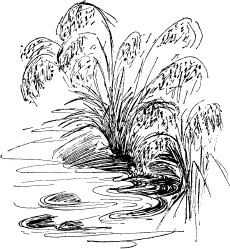
The Fish That Got Away
O F COURSE it is always the biggest and best fish that get away; and anyone who maintains otherwise and disbelieves an angler when he says he has lost a trout of half a ton knows not the running streams and the wiles of their inhabitants.
They get away simply because they are so big, these monsters that haunt our dreams. They leap, and the hook tears out. They race for rapids and waterfalls, down from one pool to another fifty yards away, and the frail cast breaks when you try to check them. They are old and cunning and live among snags from which no angler can extricate them. They have been hooked before and know the perfect procedure for circumventing you.
Or do they? Certainly it seems so. At Freds on the BadjaFreds is the name of a pool; and the Badja is near Coomaa fine big rainbow who knew exactly where he was going rushed straight under a submerged rock-ledge, instantly cut the cast, and left me sorrowing to this day. I hooked a three-pound brown trout in the Tangatara in New Zealand long ago and he dashed upstream from his pool and climbed a fallen tree. Nobody can tell me he did not know it was there. He knew precisely what to do. When hooked, climb a tree.
Sea fish, it seems, do not have such good memories. At the mouth of the Awakino where the river curves through the black sands to meet, past the headland, the creaming breakers of Taranakis west coast, I caught a kahawai (the fish miscalled salmon in Australia), and in a little rock-pool I had half a dozen live herring, themselves apparently little disturbed by their recent transfer from the river, swimming about for bait. These are the kahawais natural food; and when I caught my kahawai and put him in the pool he at once, obviously without a thought for the experience of taking a hook, being dragged ashore and travelling a hundred yards or so over the sands, set about chasing those herrings up and down and around the pool until he had gobbled the lot.
Apparently the one thought in his fishy brain, if it can be called a thought, was that kahawai eat herring. I had to knock him on the head and operate on him to retrieve my bait. And I got from him, for good measure, an extra supply of bait in the shape of three or four more herring which he had previously devoured in the ocean.
Of course any fish of the ocean is but a poor relation of the trout, coarser in habit, dimmer in wit. There are trout, sometimes, that seem to be similarly short-memoried; but if trout have no recollection of having been hooked, how is one to explain the conduct of those titans which have clearly grown too wise to rise to a bait?
There were four or five wonderful brown trout, six-pounders each of them, if not more, at which, when I lived in New Zealand, we used to gaze from the road-bridge over the Kaupokonui every Sunday on our way out to fish the more generous waters of the Tangatara, the Mangahume, or the Waiau. Nothing, when we tackled them, would induce those fish to move: no fly, dry or wet, no spinning Devon or Wisden, no creeper from under a stone, not the fattest worm from the fowlyard.
Had they been hooked a hundred times and become utterly scornful of all the clumsy mechanisms of fishermen? Could they instantly detect in their dim underworld the sheen of an all-but-invisible gut cast, the shaft of the tiniest brown hook? Was it, as I am more inclined to believe, that we never tried them with the right bait at the right time? Or was it, since they lived immediately below the Kaponga dairy factory and fed on curda deplorable habit of Taranaki troutthat they were so bloated with this degenerate diet that they were never interested in anything else?
Next page
